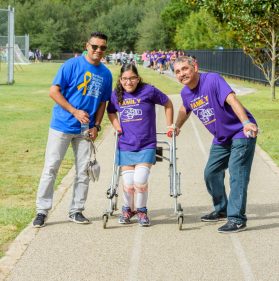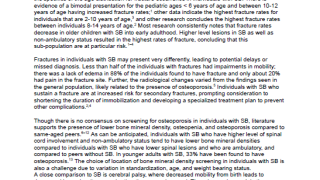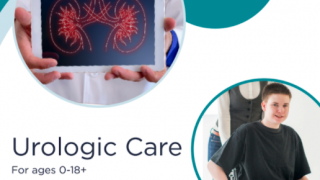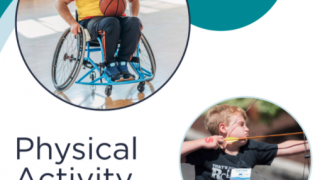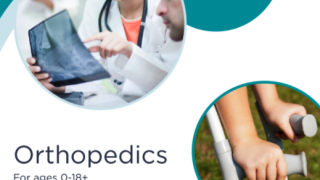Teens with Spina Bifida face the same emotional roller coaster that other teens experience. Tears, moodiness, and occasional outbursts can be expected. It is always difficult to be an adolescent and an adolescent with Spina Bifida will have additional challenges to face. Some teens will balk at doing things they were doing so well a few years before. Although this period is known as a time of rebellion, your teen needs to realize that cathing and taking prescribed medications are mandatory, not optional. Serious consequences to their medical health are not worth the risks of a little freedom. Teens do need to feel, though, that they have some control over their lives. Give your teen lots of opportunities to make decisions about things that are not life-threatening.
Allow your teen to have fashion and hairstyle preferences, shut his or her bedroom door for privacy, and choose friends and activities (within reason). Be available to your teen for support and heart-to-heart talks, but let your teen decide when these chats will occur and how much to share. In other words, your involvement needs to be just as intense as it was when your child was younger, but somehow you have to figure out how to do it in a less direct way. Parents of teens walk a tricky path and often make mistakes. Sometimes parents may need to reach out for professional guidance.
Teenagers
Challenges during the teen years
There are many physical, mental, emotional, and social changes are associated with the adolescent and teen years. It is important that during these years, the teen become as independent as possible so they can reach their full potential.
Becoming Independent
Becoming independent means fully taking over the management of your care. This should include bowel and bladder care, moving independently, making doctor’s appointments, having and participating in a physical activity program, engaging in activities with friends, and more.
Resources for Teenagers & Transition
I’m interested in resources related to:

